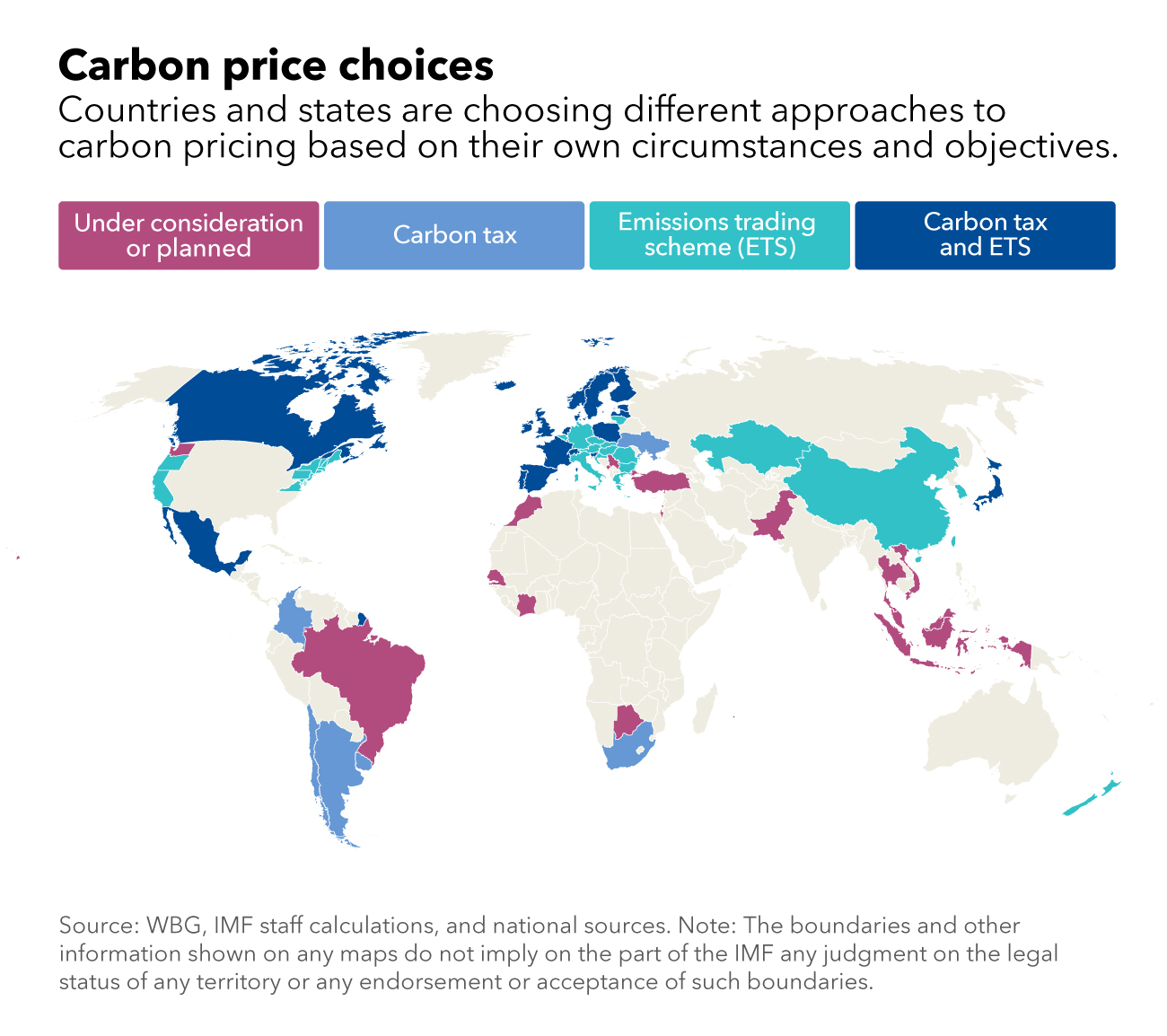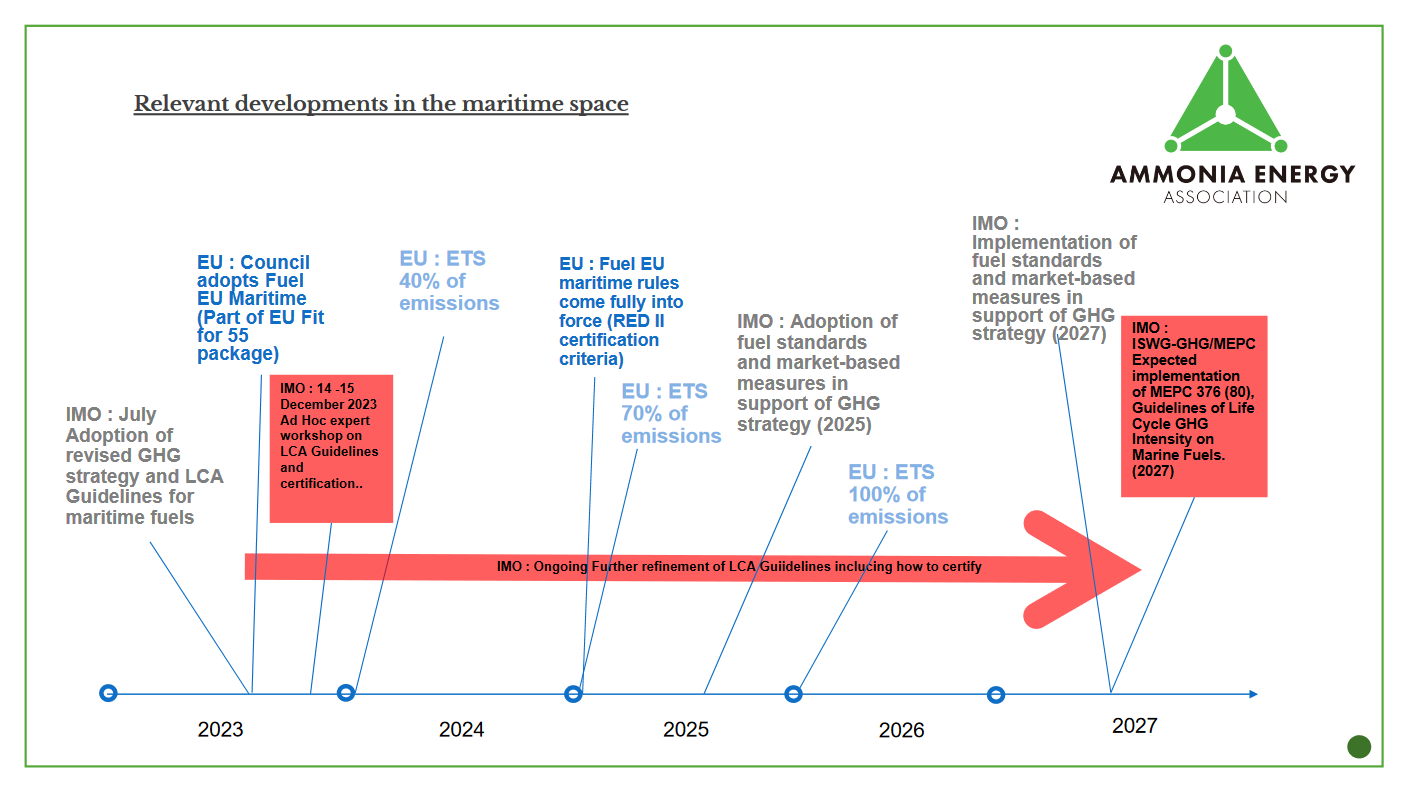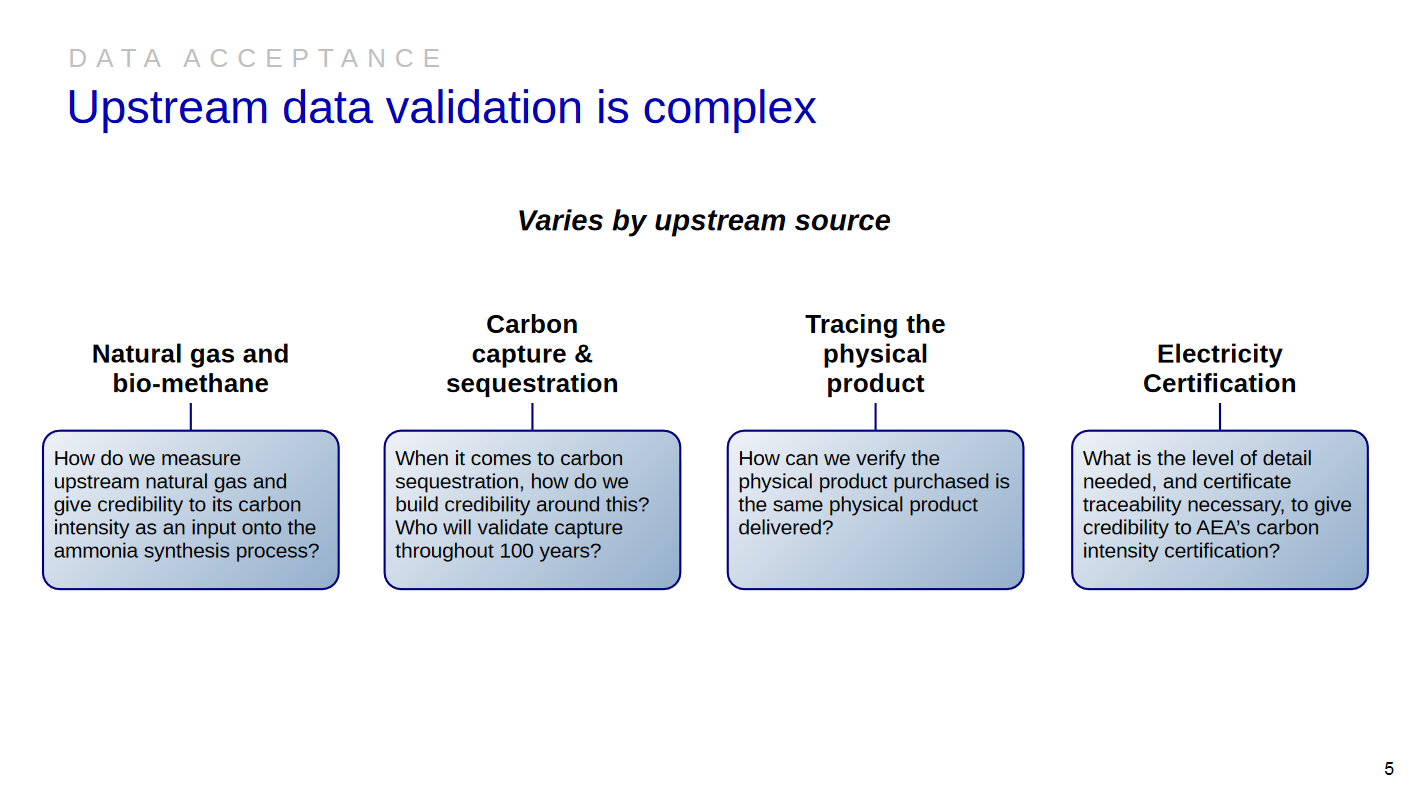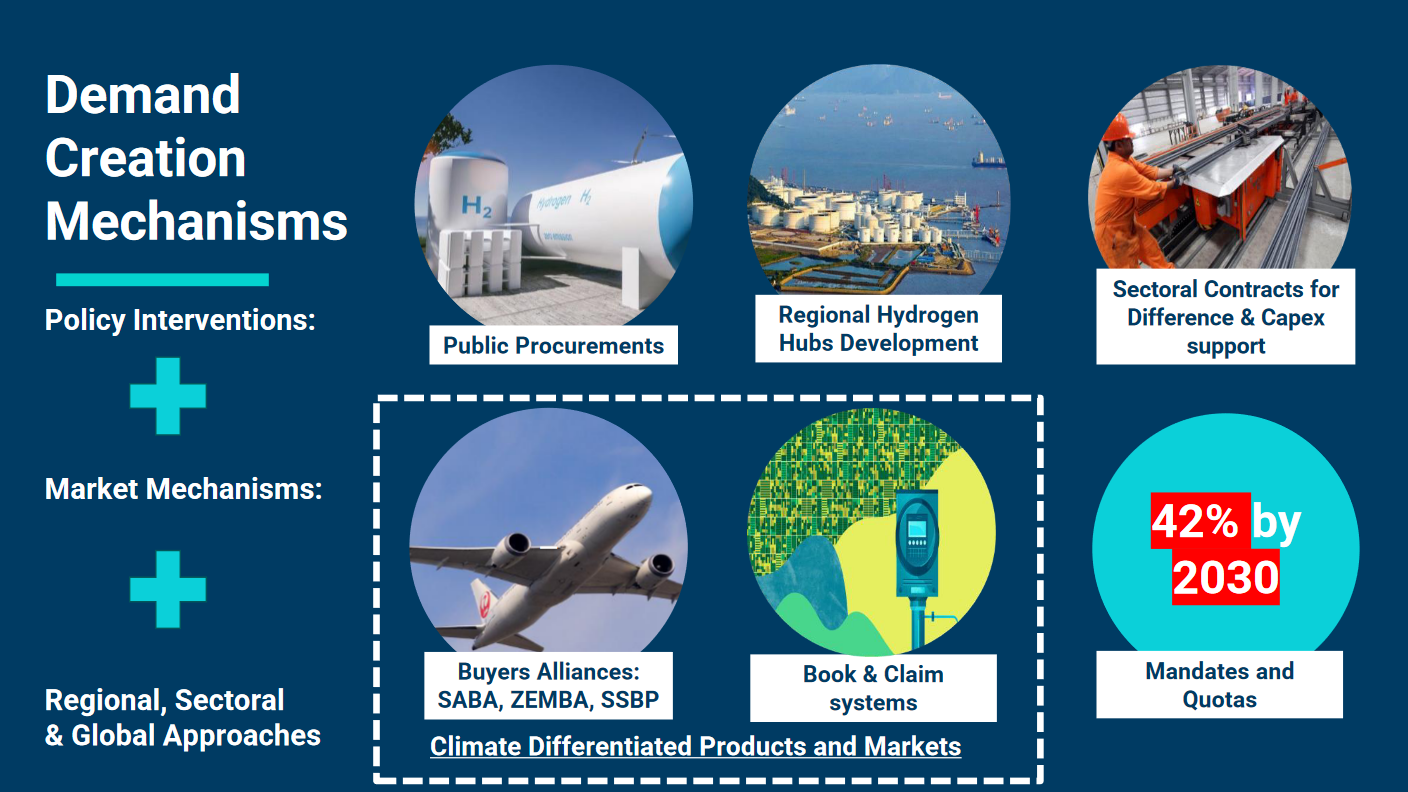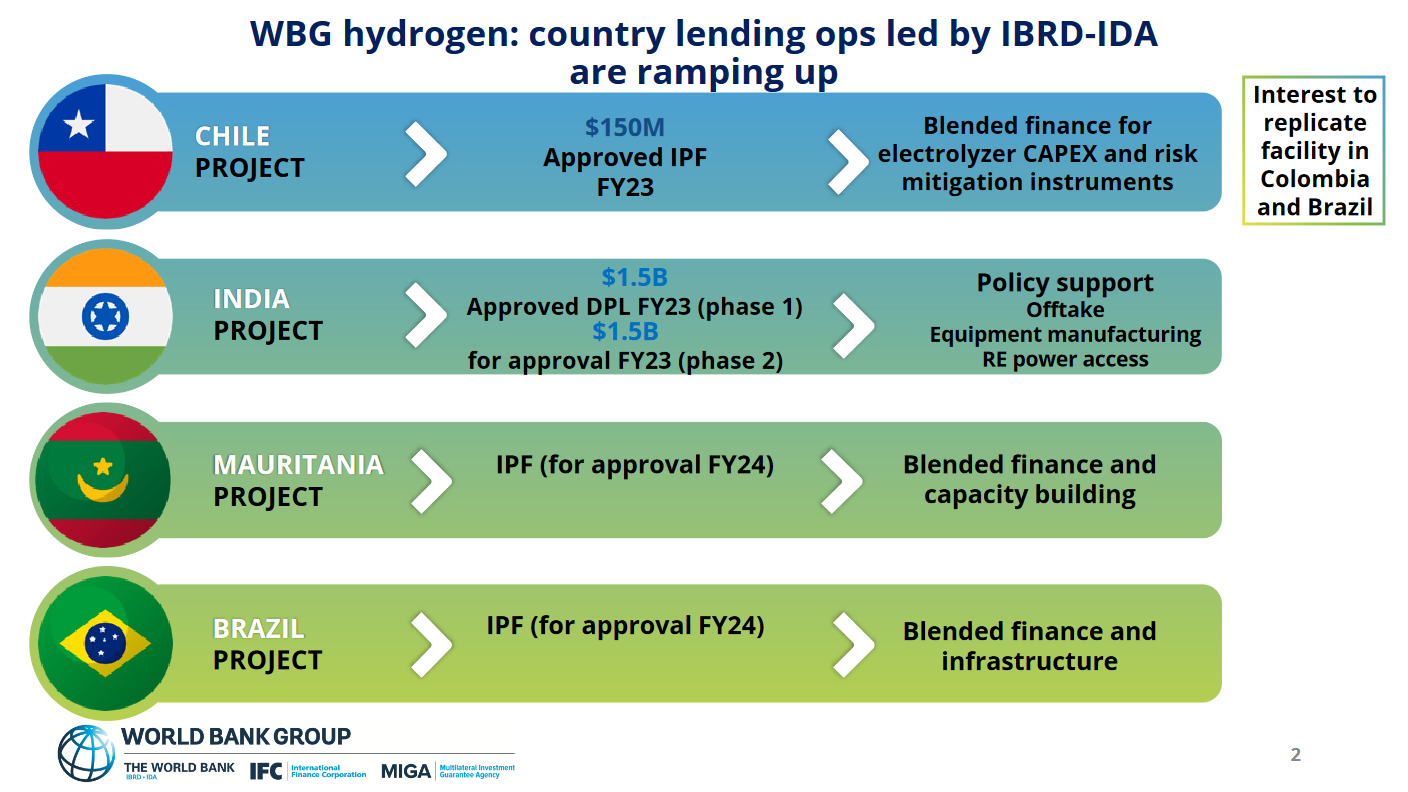COP28 Debrief: Flagship Hydrogen Initiatives Launched
A series of flagship hydrogen initiatives were launched at COP28 last month. The initiatives are headlined by a 37-country joint declaration on mutual recognition of certification schemes, a response to sustained calls for increased global regulatory consistency. Additionally, the new ISO methodology for calculating hydrogen emissions was unveiled, paving the way for harmonisation.





